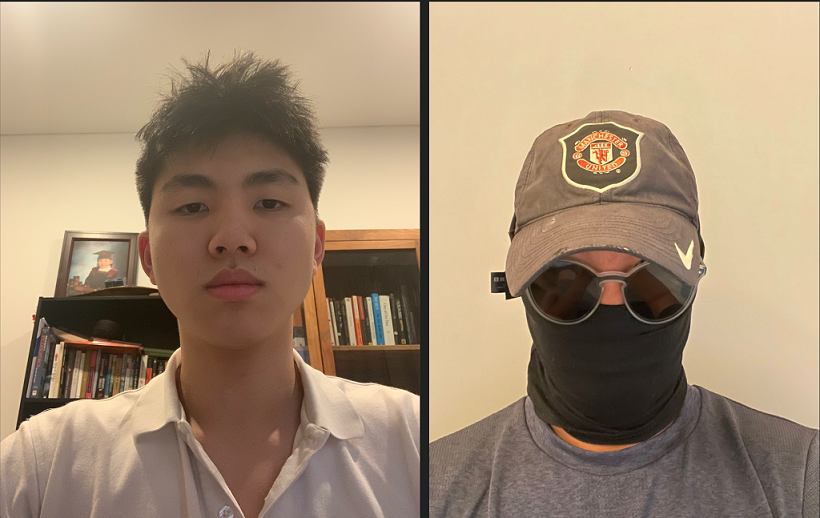
Before the media and science brought attention to the health risks associated with smoking, many were unaware of the negative effects that cigarettes could have on their health. Therefore, for a long period of time, smoking did not carry the same social stigma as it does today, with even many companies advertising cigarettes to the youth.
However, in today’s society, the perception of smoking has massively changed. As such, in replacement of this vice, there have been many new creations. One such common substitute for smoking is vaping. Vaping refers to the inhalation and exhalation of vapor created from an electronic cigarette.
Ever since the advent of vaping, many companies have put themselves in a place to take advantage of this new boom by unethically marketing electronic cigarettes to children as a healthier alternative to smoking; however, in reality, vaping is still very unhealthy.
In a personal interview, Jim Matthews, a high school senior in Singapore, described how he “started vaping because of peer pressure” and the impact vaping has had on his health. “I am constantly vaping. I think that is why I get out of breath a lot. Sometimes I cannot even walk up a flight of stairs.”
When asked whether he thinks vaping is a safer alternative to smoking cigarettes, Jim answered that “[he] saw online advertisements saying it is, and that is the primary reason why lots of [his] friends vape.” Moreover, “certain flavors are more addictive – like apple flavor or mango flavor – because they are more appealing and therefore more addictive than tobacco,” Jim added.
With its acquisition of 35% of Juul Labs Inc., the largest vaping company in the world, Altria, has managed to become the biggest shareholder of Juul. Altria has managed to control Juul with Altria’s own Chief Growth Officer, K.C Crosthwaite, by placing him as Juul’s CEO. Ever since their acquisition of Juul, Altria has been using unethical marketing strategies.
For example, Juul has purchased ad space on several child-focused websites such as Nickelodeon, the Cartoon Network, and Seventeen magazine. Furthermore, Juul has also created fruit and candy-flavored e-cigarette flavors which, according to the British Medical Journal, are perceived as being less dangerous by the youth.
By not only buying up ad space on platforms where children commonly frequent but also by creating vaping flavors that appeal to and seem safer for teenagers to use, it is clear that Juul and its parent company, Altria, are marketing their product towards the youth population.
Students like Jim and his friends are underage and should most definitely have been keeping away from these products. However, due to the unethical marketing ploys made by Altria, it is hard for young students like Jim to keep away from vaping.
Despite vaping self admittedly having a bad impact on his health, Jim and his friends continue to vape. This is in large part due to the fact that so many kids vape, which, in turn, creates an atmosphere of peer pressure.
Furthermore, misleading advertisements by Juul and its parent company of Altira have spread a false notion that electronic cigarettes and certain electronic cigarette flavors are a healthy alternative to smoking which encourages kids to vape as they see it as a non-threatening activity rather than the dangerous vice that it is.

“While it may be too hard to hold Juul and Atria legally accountable for their harmful marketing strategies and product, it is possible to spread awareness of their unethical business practices,” said Jae Jin Lim, founder of Youth Impact, a youth action platform empowering youths to become agents of change creating impact through action.
“Despite stronger regulations, heightened scrutiny by the U.S. Food and Drug Administration (FDA), and dozens of school districts suing Juul for preying on children, e-cigarettes remain very popular among teenagers.
By spreading awareness about Juul’s and, in extension, Altria’s unethical marketing practices, we can not only make teenagers become aware of the extent to which vaping can harm them, but also mobilize action to address what is now a global youth vaping pandemic,” Jae Jin added.
 Kayden Whang
Kayden Whang
Grade 12
Singapore American School

